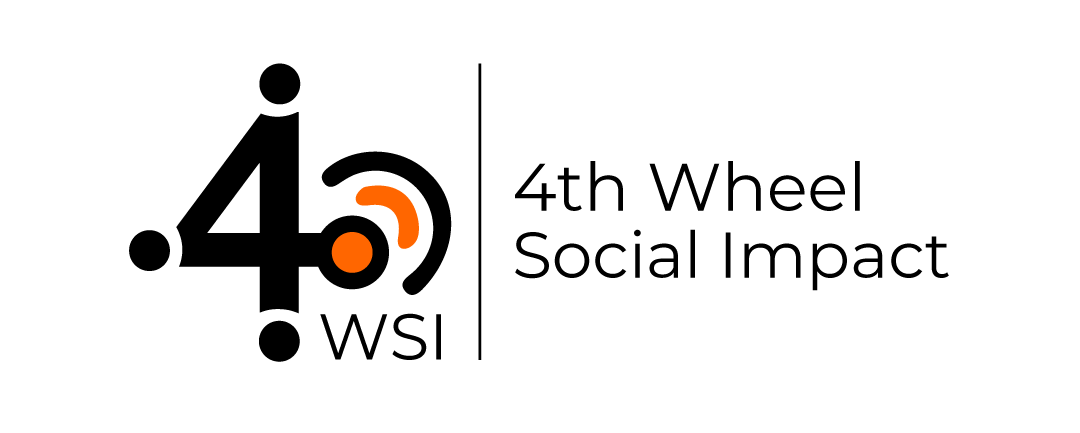What is the Composition of an M&E Team
- Nov 27, 2023
- 1 min read
Updated: Sep 15, 2025
The composition of a Monitoring, Evaluation, and Learning (MEL) team may vary depending on the organization’s size, complexity, and specific needs. However, a well-rounded MEL team often includes individuals with diverse skills and expertise. Here are profiles and roles that are commonly found in an effective MEL team:
10 Profiles and Roles Commonly found in an effective MEL team:
Evaluation Experts: Professionals with expertise in program evaluation, impact assessment, and study design, who assess the outcomes and impact of programs.
Data Analysts/Researchers: Individuals skilled in data collection, analysis, and research methodologies to evaluate program effectiveness and impact.
MEL Specialists/Coordinators: Experts responsible for developing, implementing, and managing the MEL system, including data collection tools and reporting processes.
Statisticians: Statisticians help with complex data analysis, ensuring that findings are statistically sound.
Database Managers: These individuals manage and maintain databases where MEL data is stored, ensuring data integrity and security.
Survey Specialists: Experts in survey design, administration, and analysis, crucial for gathering feedback and information from stakeholders.
Data Visualization Specialists: Professionals who can transform complex data into easily understandable visuals, such as charts and graphs.
Learning and Knowledge Management Specialists: Experts who facilitate knowledge sharing and learning within the organization and promote a culture of continuous improvement.
IT/Technology Support: Professionals responsible for developing and maintaining digital tools and platforms for data collection and analysis.
Report Writers/Communications Specialists: Individuals who can effectively communicate MEL findings to stakeholders, including donors, partners, and the organization’s leadership.





Comments